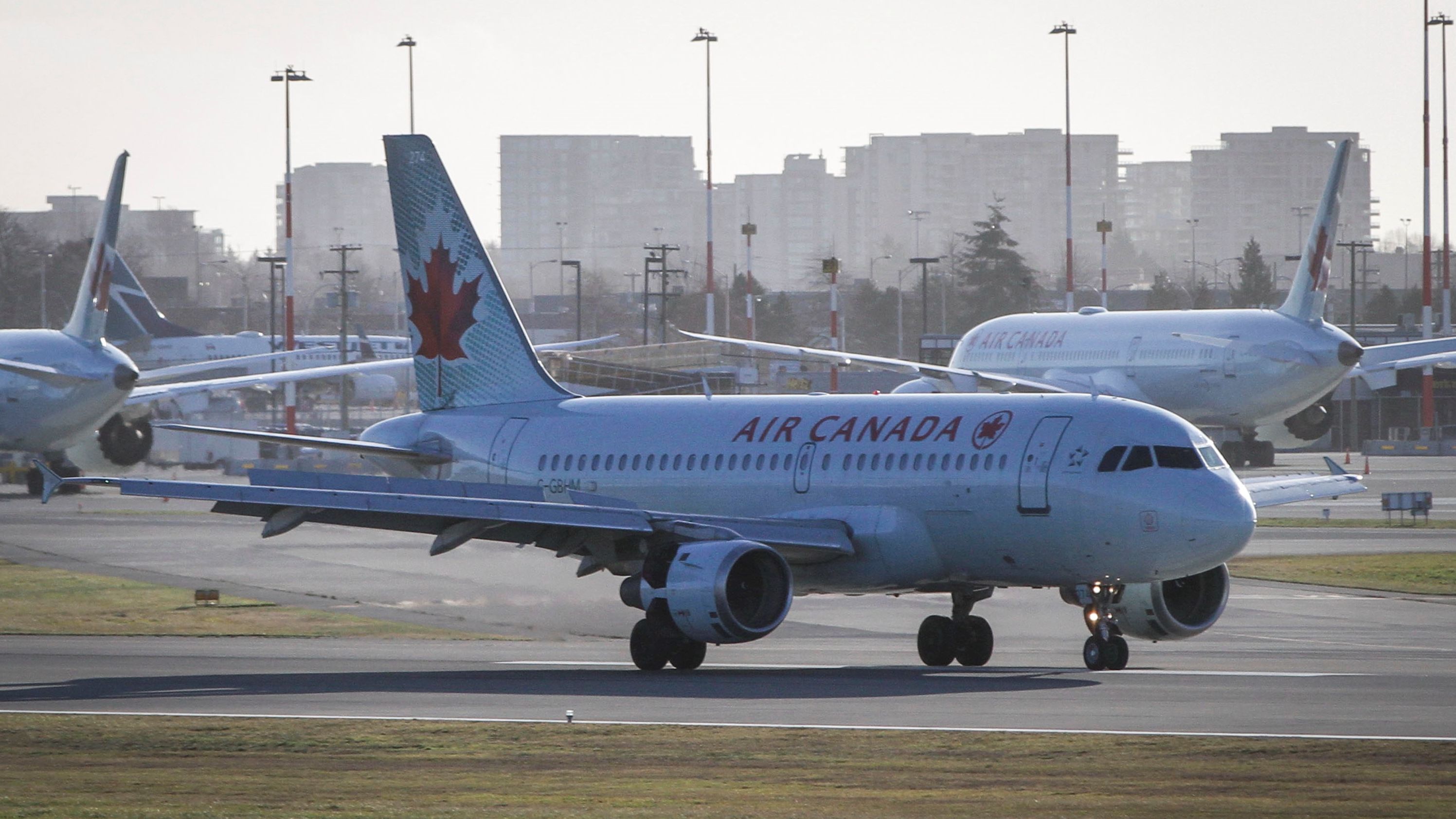Air Canada apologized on Thursday to customers with disabilities who were not met with “convenient and consistent service.” The apology came after a passenger who uses a wheelchair made international headlines when he shared his experience of dragging himself off a flight.
That incident, which happened in late August on a flight from Vancouver to Las Vegas, prompted Canada’s minister of transport to call Air Canada officials to a meeting this week with the country’s transportation officials and Canada’s minister of diversity, inclusion and persons with disabilities.
“Air Canada recognizes the challenges customers with disabilities encounter when they fly and accepts its responsibility to provide convenient and consistent service so that flying with us becomes easier. Sometimes we do not meet this commitment, for which we offer a sincere apology,” said Michael Rousseau, president and CEO of Air Canada, in a statement after the meeting on Thursday.
Minister of Transport Pablo Rodriguez said in a post Thursday on social media platform X that the meeting was aimed at ensuring that “all Canadians are treated with respect and dignity when they travel.”
After the meeting, prompted by events he called “totally unacceptable,” Rodriguez said government officials would be meeting with Air Canada executives again in December “to see how things are improving.”
What Air Canada is pledging
Air Canada has pledged to expedite measures it recently outlined in a three-year accessibility plan released in June.
“This includes improving boarding and seating, better customer communications, new processes to prevent delays or damage to mobility devices, more training and an investment in equipment such as lifts,” said Craig Landry, executive vice president and COO at Air Canada.
Among the immediate measures:
• Customers who request lift assistance will be “consistently boarded first” and “proactively seated at the front of the cabin they booked.”
• Mobility aids will be stored in the cabin when possible, and a system for tracking – available to passengers through the Air Canada app – will be implemented for aids stored in the cargo hold.
• Enhanced training for Air Canada staff — part of a new annual, recurrent program — will be provided to “ improve all aspects of employee interactions with customers with disabilities.”
The airline is also investing in new equipment, such as lifts, at Canadian airports, and it has created a new director of customer accessibility position to manage implementation and address disability issues.
Passenger’s account of what happened
Rodney Hodgins, a wheelchair user, says that he had to drag himself along the aisle, helped by his wife, when mobility assistance staff from the airport didn’t turn up to assist him when his flight landed in Las Vegas.
He says that Air Canada staff instructed him to disembark on foot – despite the fact that he can’t walk – so that they could turn the plane around.
The airline declined to offer specifics in response to CNN’s questions about the Hodgins’ allegations. The airline said it called the couple to apologize and offered them compensation, and acknowledged in a statement that, “The level of care that should have been provided at the destination airport was not.”
“We use the services of a third-party wheelchair assistance specialist in Las Vegas to provide safe transport on and off aircraft. During our investigation into what happened, we determined the flight attendants followed procedures, including offering assistance that was declined. Following our investigation into how this serious service lapse occurred, we will be evaluating other mobility assistance service partners in Las Vegas,” the airline said in a statement to CNN last week.
Deanna Hodgins, Rodney Hodgins’ wife, sent a written message to CNN in response to the airline’s announcement, saying, “Air Canada has been aware for years that persons with Mobility issues have been mistreated …
“So many people never complained to a trackable source,” she wrote. “We are happy to have assisted them in making a positive change toward decency, dignity and respect for individuals with mobility challenges.”

